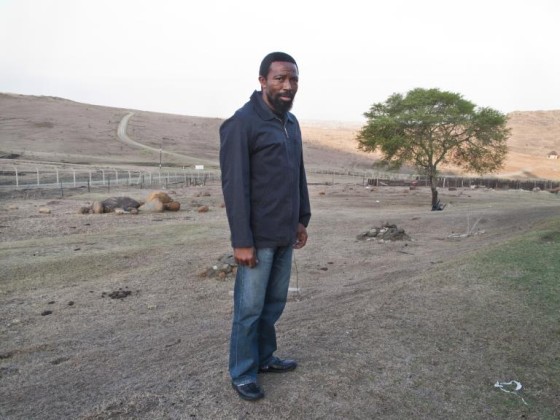JOHANNESBURG, South Africa — The king of the AbaThembu, the tribe of the late Nelson Mandela, has proved masterful at staying out of jail.
Two decades after the traditional monarch attacked his own subjects, flogging them and burning down their homes in the rural Eastern Cape where he reigns, Buyelekhaya Dalindyebo is still a free man — though perhaps not for much longer.
